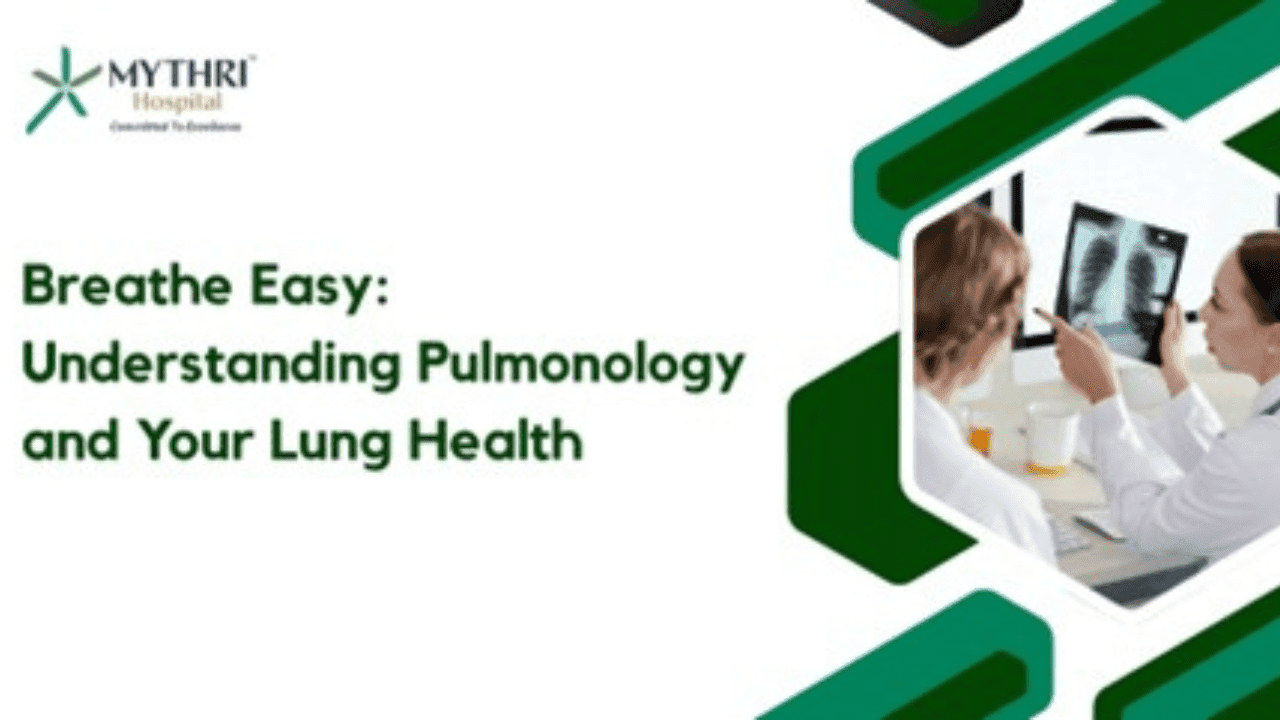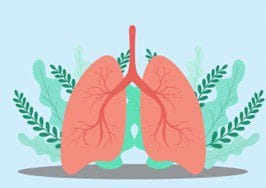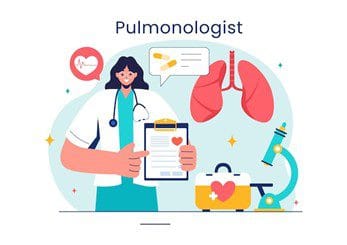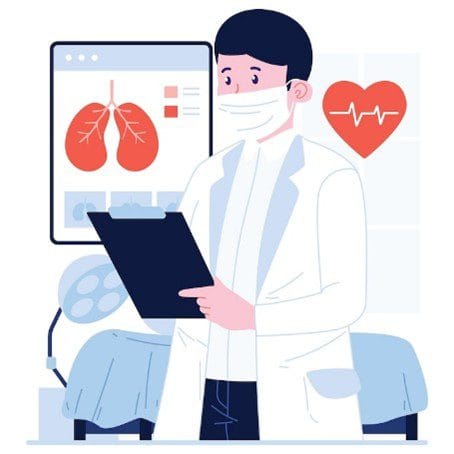

Dr. Y M Abdul Quddus
MBBS, DTCD, DNB (PULMO) FAPSR
Pulmonology
We take breathing for granted—until it hurts. Whether it’s a cold-weather allergy, a chronic cough, or something more complicated like asthma or COPD, our lungs play the central role in our daily health. That’s when pulmonology comes into play—a branch of medicine that concerns itself with the well-being of the respiratory system.
What Is Pulmonology?

Pulmonology is a branch of medicine that is concerned with respiratory and lung diseases. Pulmonologists are equipped to diagnose, treat, and manage diseases that touch the function of the lungs and breathing. It could be as simple as infections in the chest or as complicated as interstitial lung disease or pulmonary hypertension.
The respiratory system includes:
- Lungs
- Airways (trachea, bronchi)
- Diaphragm
- Pleura (pleural covering enveloping the lungs)
When any component of this system is harmed, your ability to breathe well can be harmed—and that can have an impact on every area of your life.
Common conditions Pulmonologists treat

Pulmonologists treat a variety of conditions, including:
- Asthma – A long-term condition in which airways become narrowed and inflamed
- Chronic Obstructive Pulmonary Disease (COPD) – Usually caused by smoking cigarettes, which causes shortness of breath
- Bronchitis – Inflammation of the airways, commonly due to infection
- Pneumonia – Bacterial, viral, or fungal lung infection
- Tuberculosis (TB) – Chronic bacterial lung disease
- Sleep Apnea – A sleep disorder in which breathing is interrupted
- Pulmonary Fibrosis – Scarring of lung tissue that makes it increasingly difficult to breathe over time
- Lung Cancer – A dangerous disease which has to be found in early stages and have to be treated
Pulmonologists’ equipment

In order to reach the underlying cause of breathing problems, pulmonologists employ sophisticated diagnostic tools such as:
- Pulmonary Function Tests (PFTs) to conduct lung volume tests
- Bronchoscopy, a scope to check airways
- Chest X-rays and CT scans for detailed pictures
- Sleep studies to detect disorders such as sleep apnea
- Pleural fluid analysis to research fluid surrounding the lungs
The tests allow doctors to establish the cause of the symptoms and formulate effective treatment plans.
When to see a pulmonologist?

See a lung doctor if you have:
- Shortness of breath with normal daily activities
- Persistent cough lasting over 3 weeks
- Wheezing or chest tightness
- Recurring respiratory infections
- Heavy snoring or daytime sleepiness (potential sleep apnea)
- Exposure to environmental or occupational lung irritants
Early diagnosis will be more likely to result in improved outcomes—so don’t dismiss chronic breathing problems.
Catch your breath—we’re here for you

Medical centres such as Mythri Hospital possess a department of pulmonology that provides integrated respiratory care—from diagnosis to high-intensity treatment and critical care. Whether you live with asthma, are rehabilitating from pneumonia, or seek relief from sleep apnea, a group of professionals can make it easier for you to breathe.
Your lungs work 24/7—treat them to the best. Book an appointment with a pulmonologist today and start the journey to better breathing and better living.
